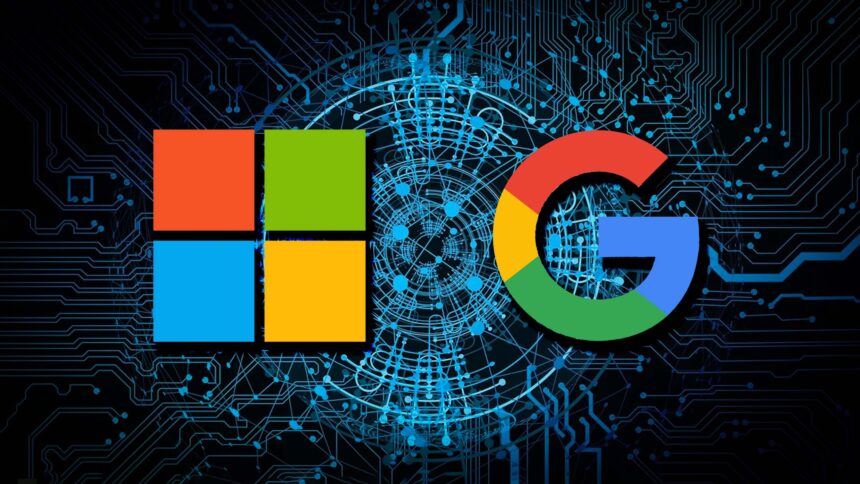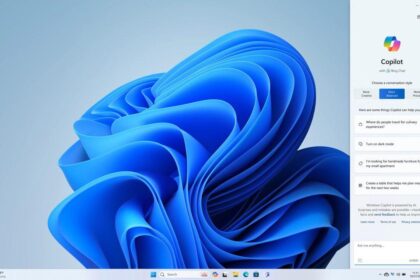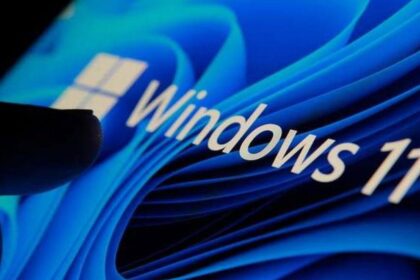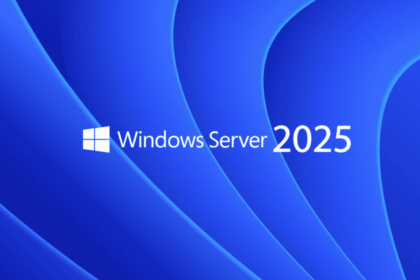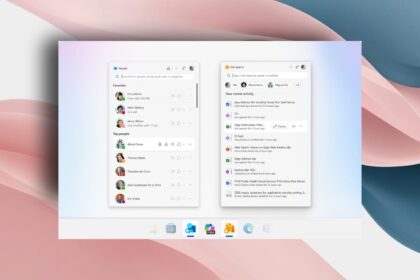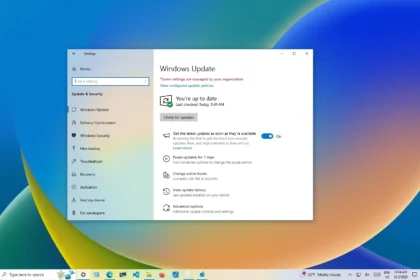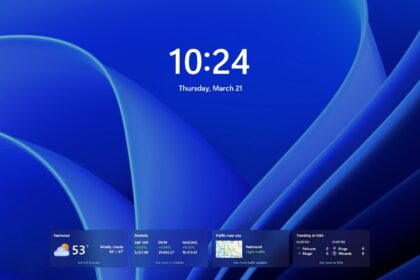For decades, Microsoft has ruled the PC world with Windows. But change is on the horizon. At this year’s Qualcomm Summit, Google’s Rick Osterloh confirmed that the company is working on a unified Android platform designed not only for smartphones, but also for PCs and desktops.
Backed by Qualcomm, this initiative could challenge Windows’ long-standing grip on the market—and possibly succeed where Microsoft itself has failed.
Google’s vision is to bring the full Android AI stack, apps, and developer ecosystem into desktop-class computing. According to Osterloh, Google and Qualcomm are building “a common technical foundation” that will allow Android to scale from mobile devices to PCs.
This isn’t Google’s first step into the PC space. Chrome OS was the company’s earlier attempt, but despite gaining traction in education markets, it never became a mainstream Windows competitor. With Android PCs, Google is doubling down, leveraging:
- Millions of Android apps are already available,
- Existing relationships with OEMs like HP, Dell, and Lenovo,
- And a mature developer community ready to adapt apps for larger screens.
Ironically, Microsoft once pursued a similar vision. Projects like Windows 10 Continuum and Windows Core OS aimed to converge mobile and desktop experiences into one seamless platform. But they never took off, and Microsoft eventually abandoned its mobile ambitions.
Now, Google appears ready to pick up where Microsoft left off—armed with the benefit of hindsight, a stronger app ecosystem, and more widespread adoption of mobile-first experiences.
Apple, Google, and the Push Beyond PCs
Google isn’t alone in this strategy. Apple has been slowly blurring the lines between iOS and macOS, with iPadOS evolving into a laptop alternative and Apple Silicon turning Macs into powerful, efficient machines.
Microsoft, meanwhile, remains tethered to legacy Windows. While Windows 11 modernized the interface, it’s still rooted in decades of backward compatibility. This ensures stability for old apps but comes at the cost of efficiency, performance, and adaptability. As a result, Windows struggles to move beyond traditional PCs, while Apple and Google are expanding into more versatile form factors.
Why Android PCs Could Succeed
The prospect of Android PCs should set off alarm bells in Redmond for several reasons:
- Lean and modern OS – Android is lighter and more efficient compared to Windows’ bloated legacy framework.
- Large app catalog – From productivity to entertainment, Android apps cover most use cases for mainstream users.
- Existing OEM partnerships – Unlike Apple, Google already works with major PC manufacturers who might be eager for an alternative to Windows.
- Consumer fatigue with Windows – Years of forced updates, bundled software, and controversial changes have eroded goodwill toward Microsoft.
For many everyday users—those who rely on PCs mainly for Office apps, browsers, video calls, and streaming—an Android PC might feel like a simpler, faster, and more modern choice.
What This Means for Microsoft
If Android PCs launch as early as next year, Microsoft could find itself in a difficult position. Windows’ dominance has already been slowly eroding, and the arrival of a credible, app-rich, cross-device rival could accelerate that decline.
To stay competitive, Microsoft will need to:
- Modernize Windows’ underlying architecture,
- Focus on features users actually want,
- And innovate beyond traditional PCs to match the flexibility Google and Apple are pursuing.
The big question is whether Microsoft is willing to reinvent Windows—or if it’s content to slowly concede ground to Android and macOS.
Google’s push into Android-powered PCs has the potential to disrupt the market in ways Chrome OS never could. By uniting mobile and desktop under one platform, Google and Qualcomm are attempting to deliver the convergence Microsoft once promised but abandoned.
If successful, Android PCs could give users a true alternative to Windows—and Microsoft might finally be forced to rethink what Windows should look like in the modern era.

